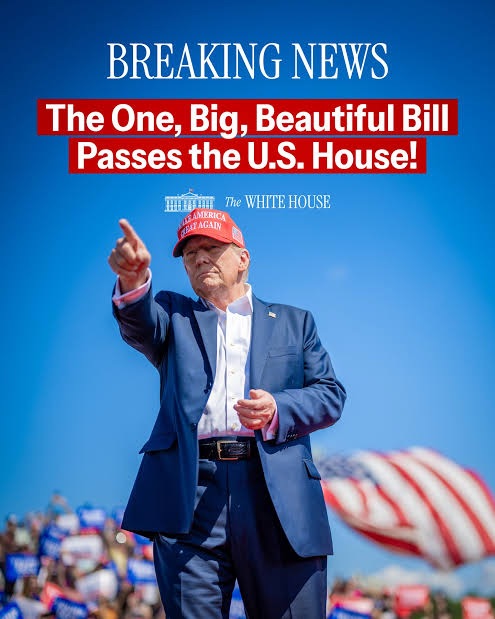WASHINTON - The government shutdown continues with indications that resolution is not forthcoming as both parties solidify their positions. Republicans and Democrats remain locked in a contentious debate, with President Donald Trump making preparations for widespread layoffs and cuts within the federal government.
On Capitol Hill, senators reconvene to vote on government funding, though prospects for progress seem grim. Democrats insist that Congress must extend health care benefits while Republicans are attempting to compel a response by repeatedly voting on a House-backed bill aimed at temporarily reopening the government at current spending levels.
Senate Majority Leader John Thune remarked, Until they have a critical mass of senators willing to end the shutdown, progress will be slow. Despite Republican control over both chambers of Congress and the White House, the Senate filibuster requires a supermajority of 60 votes to advance the funding bill, granting Democrats leverage to extract policy concessions.
Democrats are specifically pushing for a continuation of tax credits enhanced during the COVID-19 pandemic for health care coverage under the Affordable Care Act marketplace. Their goal is to emphasize a campaign platform premised on health care issues, which they view as pivotal for their political recovery.
At a press event, House Democratic leader Hakeem Jeffries criticized the Republican strategy, indicating the potential negative impact of rising health care costs on over 20 million Americans due to the current impasse.
The Shutdown Gamble
The ongoing government shutdown poses significant economic implications, as an estimated 750,000 federal employees may face furloughs, potentially amounting to a significant loss in wages that could depress consumer spending across the economy.
Trump, however, has called this shutdown a unique opportunity to implement drastic reductions in federal expenditures, drawing attention to infrastructure project funds being withheld from states represented by Democratic senators.
As debates are framed by their leaders, both parties appear steadfast in blaming each other for the shutdown, with each side attempting to rally support from the American public. The current standoff threatens to delay negotiations over necessary budget reconciliation and an eventual resolution to reopening the government.
Bipartisan Talks
As some senators seek common ground on extending ACA tax credits while also trying to pass a temporary funding resolution, leaders have signaled that the process is likely to require several more days of discussion. Throughout the week, confidence wanes on reaching a quick resolution as the challenge of uniting factions within both parties adds to the complexity of the discussions.
Sen. Amy Klobuchar has voiced concerns about the implications of the ACA subsidies expiration on citizens in rural communities where health care access is critical.
While some lawmakers remain hopeful for a solution, others acknowledge that the shutdown's end may depend on each party's willingness to negotiate significant concessions on policy measures affecting the populace.




















